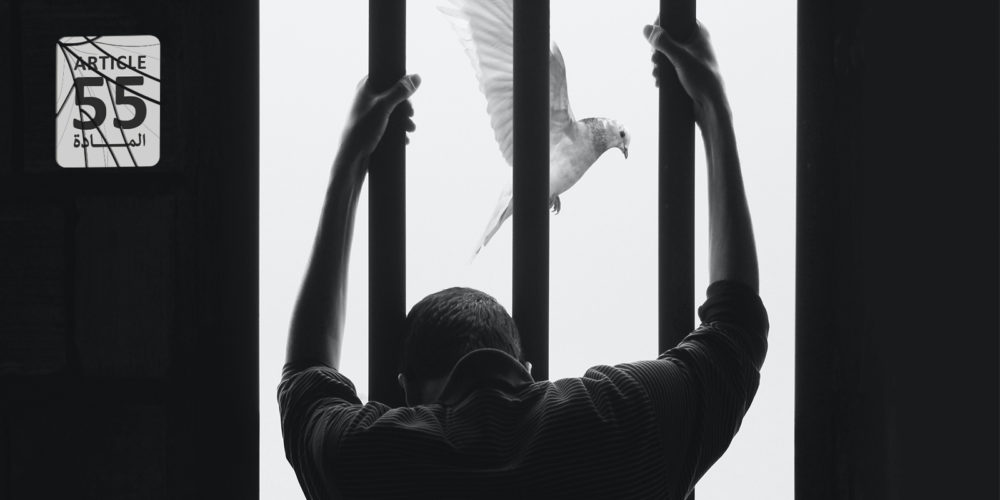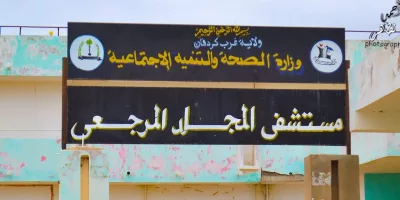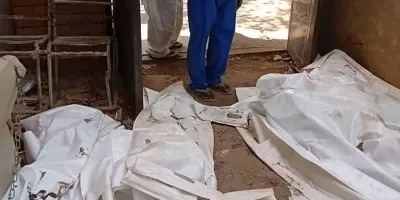The member organizations of the Article 55 Coalition have reported that prisons in Egypt are used to silence anyone who speaks out against or opposes the Egyptian authorities. Despite Egypt changing the term “prisons” to “correctional and rehabilitation centers” under Law No. 14 of 2022, repressive practices within prisons and detention centers continue unchanged. Although Egypt accepted over 10 recommendations in the third cycle of the Universal Periodic Review (UPR), such as Recommendation No. 31.185 issued by New Zealand in 2019, emphasizing the importance of ensuring all prisoners receive a minimum standard of humane treatment, including protection from all forms of torture, Egypt has not implemented any changes to improve the treatment of prisoners or apply the minimum standards of humane treatment.
This information was presented in a report submitted by coalition organizations to the United Nations Universal Periodic Review (UPR) Committee concerning detention centers and prisons in Egypt. The report highlighted major systematic human rights violations within these facilities, including extrajudicial killings, medical neglect, denial of healthcare, arbitrary solitary confinement, and the prevention of prisoners from attending their detention renewal sessions except remotely via the internet, as well as depriving them of the right to communicate with their lawyers and families.
Increase in Deaths Inside Detention Facilities:
The report highlighted a significant increase in the number of deaths within prisons and various detention facilities across Egypt’s governorates, with 296 deaths documented between January 2020 and June 2024. The report emphasized that Egypt is bound by international treaties, including the International Covenant on Civil and Political Rights and the Convention Against Torture and Other Cruel, Inhuman or Degrading Treatment or Punishment. These agreements strictly require the state to prohibit any form of torture or ill-treatment, a principle also enshrined in Article 42 of the Egyptian Constitution.
Medical Neglect and Poor Detention Conditions:
The report also addressed cases documented by coalition organizations concerning the harsh and inhumane detention conditions faced by detainees and prisoners, primarily as punishment for opposing the political regime. Numerous reports indicated severe overcrowding in cells, poor ventilation, denial of medical supplies, poor hygiene, and, in some cases, preventing detainees and prisoners from exercising outside their small, inhumane cells, subjecting them to harsh detention conditions.
The Committee for Justice (CFJ) documented 533 cases of medical neglect in prisons and detention centers from November 2019 to June 2024, and 1319 cases of healthcare denial from July 2013 to June 2024. This neglect is systematic and deliberate, particularly for poltical detainees, with prison administration and the Ministry of Interior refusing to transfer them to facilities providing full medical care, while prison doctors only provide weak painkillers, regardless of the complaint or illness.
Solitary Confinement:
Regarding solitary confinement, the coalition organizations noted that this practice is used systematically in Egyptian prisons, particularly against detainees in political cases, sometimes extending for several years, in violation of Egyptian prison regulations. Solitary confinement is considered a form of torture, as it deprives the individual of external contact for prolonged periods, impacting their sensory, auditory, and visual stimuli. This isolation can cause oxygen deprivation due to limited or no outdoor exercise, the spread of bacteria in the cells, and frequent instances of fainting. According to the Justice Watch Archive, 68 cases of solitary confinement have been documented in various prisons across Egypt in recent years
Remote Sessions for Detention Renewals and Trials:
The coalition organizations highlighted Minister of Justice Decree No. “8901 of 2021,” allowing judges to hold sessions for detention renewal remotely, noting that these sessions are conducted collectively without examining and scrutinizing evidence and defense. In some cases, lawyers are prevented from speaking or submitting requests on behalf of their clients, and prisoners are denied communication with their lawyers. Additionally, Egypt experiences slow internet speeds and frequent power outages throughout the day. This makes remote detention renewal sessions problematic, as poor internet connections can result in unclear audio and video, hindering effective communication between the defendant, judge, and lawyer. Consequently, this practice violates the defendants’ rights, especially their right to a fair defense.
The report concluded with several recommendations, including:
• Releasing all political detainees and peaceful opinion prisoners, ensuring prisoners’ rights to regular family visits, medical treatment, and access to lawyers.
• Ensuring trials and pretrial detentions comply with due process rights as outlined in the International Covenant on Civil and Political Rights, urging Egypt to ratify the Optional Protocol to the Convention Against Torture, and immediately ceasing the practice of torture and security handling of detainees in political cases.
• Granting international and local human rights organizations the right to visit detention centers and prisons to monitor conditions, and access to official statistics on the number of prisoners, with transparent and impartial investigations into abuses against political detainees on a discriminatory basis, and applying the UN Standard Minimum Rules for the Treatment of Prisoners and Egyptian prison regulations without violations, holding accountable anyone found responsible for violating prisoners’ rights.
• The coalition organizations also urged Egypt to transfer the oversight of the Egyptian Prison Authority from the Ministry of Interior to the Ministry of Justice, with independent supervision and monitoring by civilian bodies. They emphasized the need to educate both prison staff and the public that the role of correctional and rehabilitation centers is to provide humane and dignified conditions for those sent to detention, rather than to suppress, physically or mentally torture, and mistreat them.






